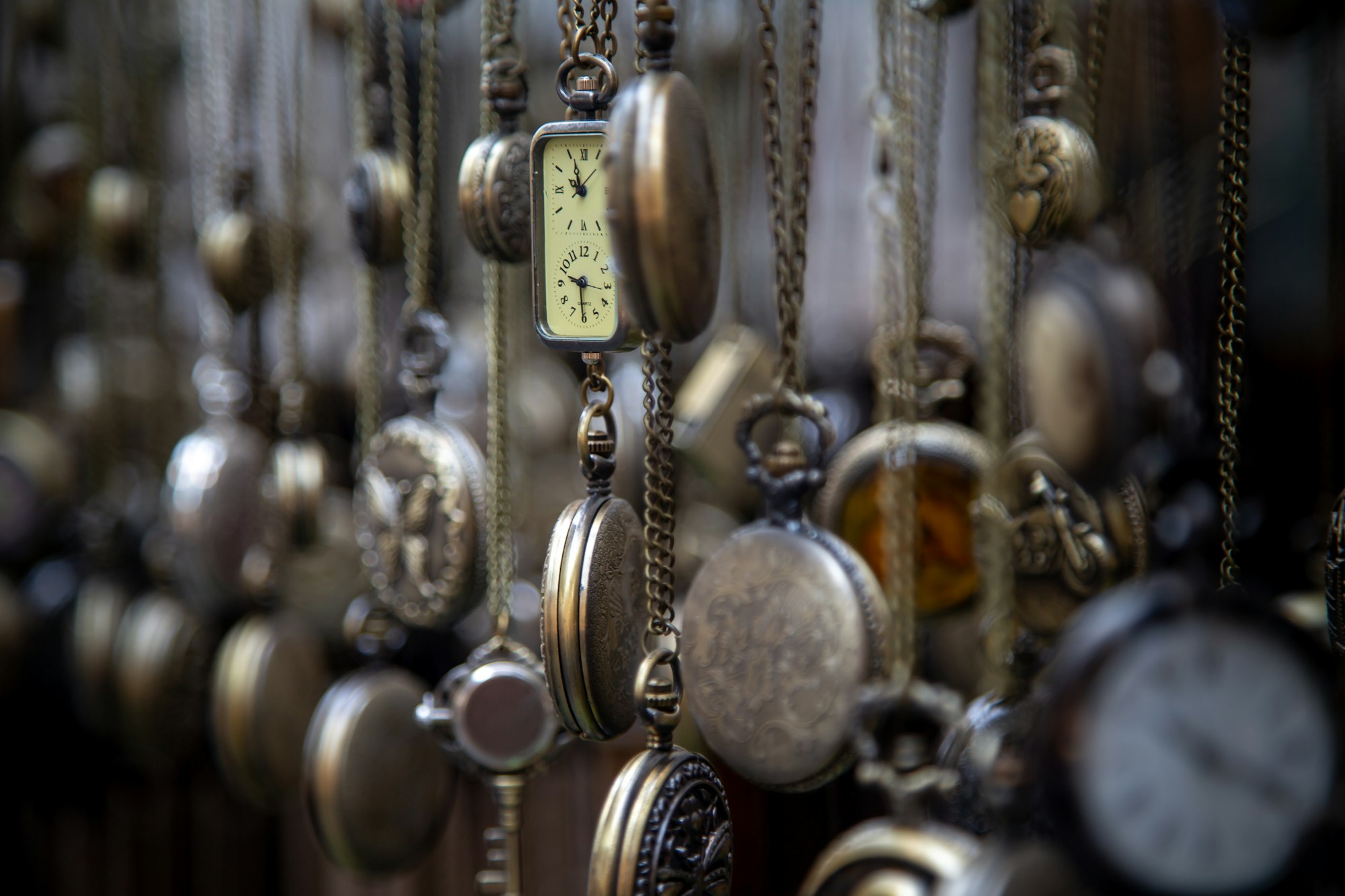Launching the Althea blockchain
Up to now, we've been running our networks on the Ethereum blockchain. The reality is that Ethereum simply isn't suitable for our use case. Ethereum's great for manual, medium or high value, sophisticated transactions...

High level summary:
- The Althea blockchain will allow subscribers to pay for internet access in a dollar equivalent token (stablecoin) rather than needing Ethereum for transaction fees
- The Althea blockchain will be proof of stake, and will consume as much power as a moderately sized website.
- There will be Althea Governance Tokens (ALTG). Subscribers will not need to buy these except if they wish to act as a chain validator and participate in the proof of stake system
- The transaction fees from subscriber’s routers exchanging stablecoins will be paid out to the validators and used to help support further development of Althea
Up to now, we've been running our networks on the Ethereum blockchain. The reality is that Ethereum simply isn't suitable for our use case. Ethereum's great for manual, medium or high value, sophisticated transactions, such as MakerDAO and Uniswap, but it has some issues for small automated payments such as those in Althea. At least once a week, some automated arbitrage script or token sale on the Ethereum network pumps the average gas price way up, putting router payments on hold. This destabilizes physical Althea networks which are providing the essential service of internet access.
We're doing this with Cosmos, which is a framework for making blockchains. It's proof of stake, which means it doesn't waste electricity like Bitcoin or Ethereum. Instead, the blockchain is kept secure by "staking". There is a special type of token on the blockchain that can be staked by delegating it to validators. When someone has tokens staked, they get a small percentage of the transaction fees on the network. The flip side of this is that if the validator you have staked to misbehaves, you'll lose a portion (currently 5%) of your tokens.
The staking token on Althea's blockchain will be known as "ALTG", or "Althea governance token". It's important to be clear that payments between routers will not be denominated in this token. They will be done in a stablecoin equal to the dollar. This means that users paying for internet will have an experience comparable to PayPal, Venmo, or any other electronic payment medium. ALTG is only for staking, and voting on upgrades to the blockchain software through the governance process.
You may be wondering who will get ALTG tokens. Some will go to the founders and early developers of the Althea software, some will go to investors, and we will grant 1/3 of the tokens to Althea network organizers and users over the next few years.
By using proof of stake instead of proof of work, we take transaction fees that on Ethereum would have gone to pay miners to waste electricity, and instead use that money to support development of Althea and to give control to users and organizers of Althea.
Ethereum 2.0 will also introduce a proof of stake system, which is much less wasteful. But in this case the transaction fees will still be going to early investors and traders of Ethereum. By using the Althea blockchain, these fees go to support development of the protocol. It’s important to note that subscribers will still use Ethereum to buy their stablecoins using MakerDAO and Uniswap when reloading their routers.
We are currently testing the blockchain through a series of testnets, and looking for validators. For now, there will be 100 validators on the chain. These will be the 100 validators with the most ALTG delegated to them. This set will vary over time as ALTG holders decide which validators they should delegate to. Running one requires extensive experience in devops. Mistakes as trivial-seeming as running both your main and your backup server at the same time can result in slashing and the loss of tokens.
If you want to become a validator on the Althea blockchain, read this.
Questions about all of this? Join our community call and ask away! https://airtable.com/shrCyyivU2gpm0AI6

